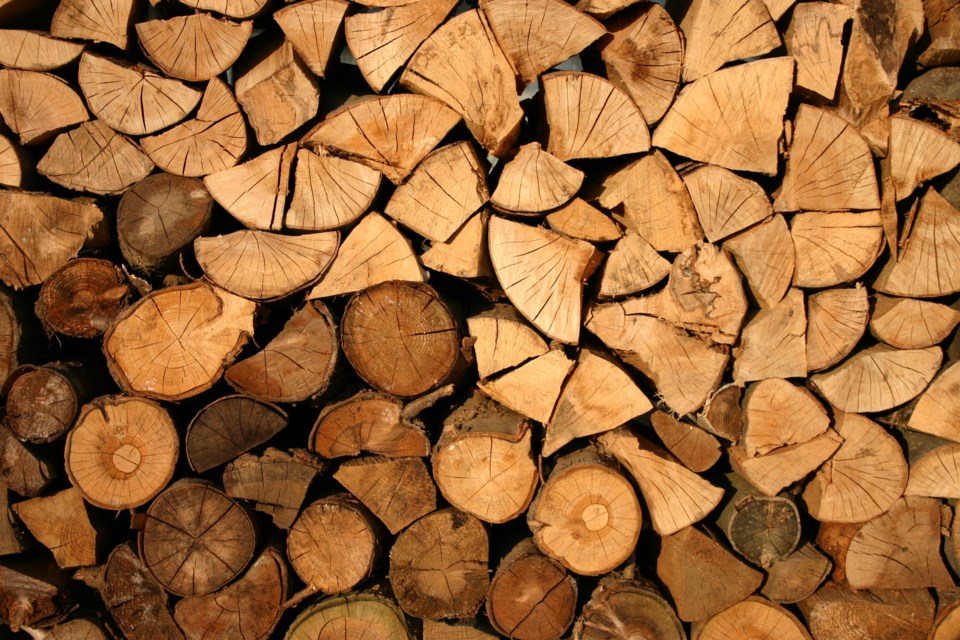As the federal election campaign unfolds, we can expect continued debate about how to best advance a post-pandemic recovery that creates opportunities for Canadians and their families and protects our environment. Regardless of which party prevails on September 20, Forest Products Association of Canada (FPAC) believes that the provision of connectivity for all Canadians is essential to Canada’s economic recovery.
Over the last year, the pandemic has dramatically changed the way many of us work and live. It has also effectively demonstrated the extent to which we all depend on reliable digital networks to keep us connected to our family, friends, jobs, and other parts of our daily lives. At the same time, an estimated two million Canadian households continue to be digitally underserviced and only about one third of Indigenous communities have access to high-speed internet. It is simply unacceptable that so many communities and Canadians are without a service so essential to life.
Canada’s forestry workers and their families touch more than 600 communities across the country – most of which are in rural and northern communities. Canadians rely on us to produce a range of in-demand goods like wood for building construction, masks and gowns for the health-care sector, packaging for food, and hygiene products like tissue and toilet paper.
In our business, reliable internet access or cell coverage is an imperative that allows us to use basic technology to efficiently streamline operations, attract young workers, and meet customer demands. There is also a community safety element to universal connectivity that is too important to overlook – especially in the face of worsening natural disturbances like the devastating fire season we are witnessing this year.
The launch of the Universal Broadband Fund in November 2020 was a step in the right direction. As the Federation of Canadian Municipalities’ (FCM) Rural Forum chair, Ray Orb, said in response to the $1.75 billion program, “It’s time for rural communities across the country to have reliable internet access. This is about making sure local businesses have the tools they need to succeed and that families can access quality health care and education. Entire communities rely on internet to connect and grow; we need to get to work on bridging Canada’s connectivity gap.”
We at FPAC could not agree more.
Ottawa recently announced more than $1.4 billion in funding to extend broadband internet to approximately 40,000 homes in rural and remote areas. However, it remains clear that there needs to be a greater level of collaboration and investment by government, regulators, and those who build our networks, to help create a greater level of equity across our nation – and ensure our rural and northern communities aren’t left behind.
In working with our members across the country, we continue to share with Ottawa decision-makers updated lists on the dozens of municipalities and Indigenous communities with forestry connections that do not have the cell and internet access they need.
It is our hope that during this federal election campaign all parties will continue to support the important call to ensure all Canadians have reliable access to high-speed internet. The future of our northern and rural communities and their ability to strengthen their post-pandemic economies depends on it.
Derek Nighbor is the president and CEO of the Forest Products Association of Canada.
The Forest Products Association of Canada provides a voice for Canada’s wood, pulp, and paper producers nationally and internationally in government, trade, and environmental affairs. The $73.6-billion-a-year forest products industry represents 12 per cent of Canada’s manufacturing GDP and is one of Canada’s largest employers operating in over 600 communities, providing 230,000 direct jobs, and over 600,000 indirect jobs across the country.




